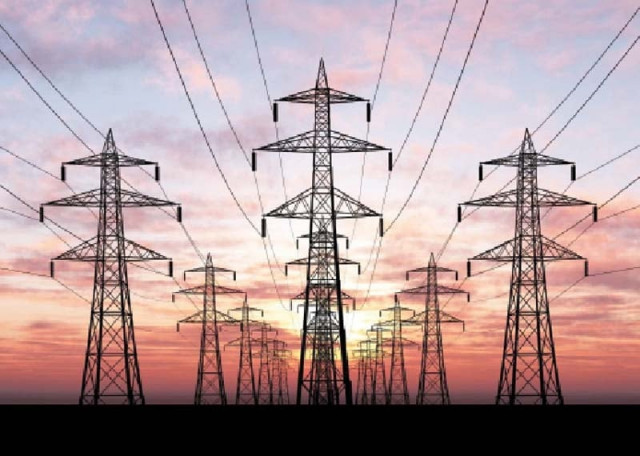Rooftop net meter policy to end
It will be replaced with gross metering to sell expensive grid electricity to consumers

Pakistan has briefed the International Monetary Fund (IMF) that it would soon end the net metering policy for rooftop solar panels based on cheaper power generation and will replace it with gross metering aimed at selling highly expensive and unaffordable grid electricity to consumers.
During ongoing negotiations for “further engagements with the Fund,” the Pakistani authorities have also briefed the global lender about its plans to seek $15.4 billion worth of energy debt restructuring from China, according to government sources.
The sources said that the Ministry of Energy has taken the IMF into confidence about its plans regarding the solar panel policy – which consumers benefit from to lessen reliance on highly expensive grid electricity.
Pakistan informed the IMF that it wanted to replace the net metering policy with gross metering for rooftop solar panels aimed at discouraging their use, said the sources. The increasing reliance on solar panels is affecting the revenues of power distribution companies that now face competition in the form of in-house power generation.
Decades-old misguided policies of successive governments have forced residential consumers to either leave expensive grid electricity or at least reduce reliance on it by installing their own small power generation units.
Under the gross policy, rooftop-generated electricity would be fed into the national grid, from which the owner of the solar panel would withdraw the units they consume. This would reduce the monetary benefits of residential consumers, and their in-house generation and consumption would be captured through two different meters.
Currently, the bidirectional meter calculates rooftop generation and the import of electricity from the national grid during night time.
Pakistan’s middle class to rich people are quickly converting to solar-based in-house power generation after the cost of electricity has become unaffordable due to highly expensive seller-favoured power purchase agreements, inefficiency of the power system, and uncontrolled theft and leakages.
Pakistan’s current average base tariff is Rs29.79 per unit, inclusive of Rs17 per unit idle capacity charges. After including various surcharges, fuel price adjustments, quarterly adjustments, and taxes, residential consumers are forced to pay up to Rs62 per unit electricity cost.
The IMF was also informed that a major increase in electricity prices was imminent in July due to annual base tariff adjustments, quarterly adjustments, and monthly adjustments.
It seems the energy ministry is more concerned about the Rs1.90 per unit additional impact of net metering on electricity tariffs than the Rs17 per unit idle capacity payments, which go directly to the pockets of power plant owners and foreign investors.
The energy ministry informed the lender that the rapid solarisation has contributed to a slump in electricity demand. As a result, idle capacity payments were rising, leading to significantly higher quarterly tariff adjustments.
It was further briefed that about 6,800 megawatts equivalent solar panels have been imported during the first ten months of the current fiscal year.
However, solar panels are also being imported as a means to launder money from Pakistan, according to briefings given to the Senate Standing Committee on Finance a few months ago.
The Ministry of Energy viewed that due to less reliance on grid electricity, rooftop solar consumers were now slipping into the protected consumers’ category, paying very little for electricity. Gross metering would also deny the benefit of protected category rates to these solar consumers, said the sources.
The sources said the IMF inquired about Pakistan’s plan to reduce the cost of electricity generation. The Fund was briefed that the government was in the process of finalising debt restructuring with Chinese Independent Power Producers (IPPs) being set up under the China-Pakistan Economic Corridor (CPEC).
The sources said the IMF believed negotiating capacity payments with all power producers was the only option available to Pakistan to reduce electricity costs.
However, Pakistan has already renegotiated the majority of these contracts in 2020, and only CPEC plant contracts have not been renegotiated due to China’s refusal. The energy ministry’s analysis showed that five-year debt restructuring would result in a Rs3 per unit reduction in the tariff – a sum that is even less than half of what the government is planning to impose on people in July.
The IMF believed idle capacity payments were a major contributor to constant price increases. The lender also urged a review of the current captive power generation policy, in which industrialists get cheaper gas to produce in-house electricity.
There is a possibility that captive gas may be discontinued from July to shift these industries to highly expensive grid electricity.
Published in The Express Tribune, May 19th, 2024.
Like Business on Facebook, follow @TribuneBiz on Twitter to stay informed and join in the conversation.



















COMMENTS (31)
Comments are moderated and generally will be posted if they are on-topic and not abusive.
For more information, please see our Comments FAQ